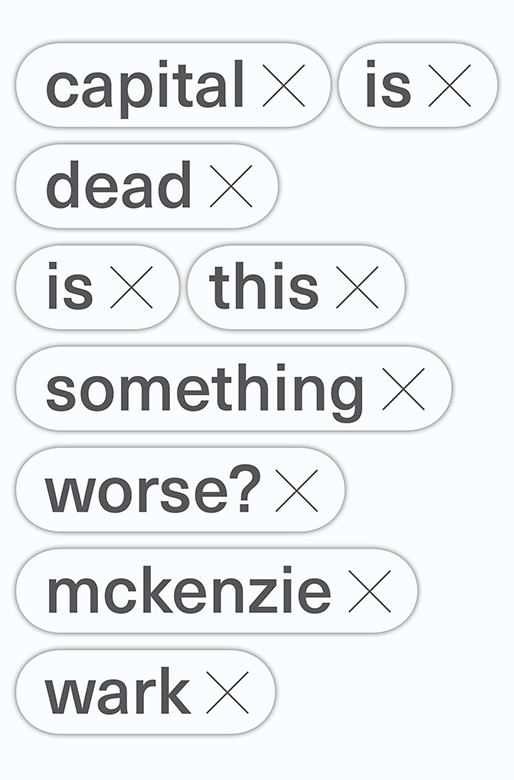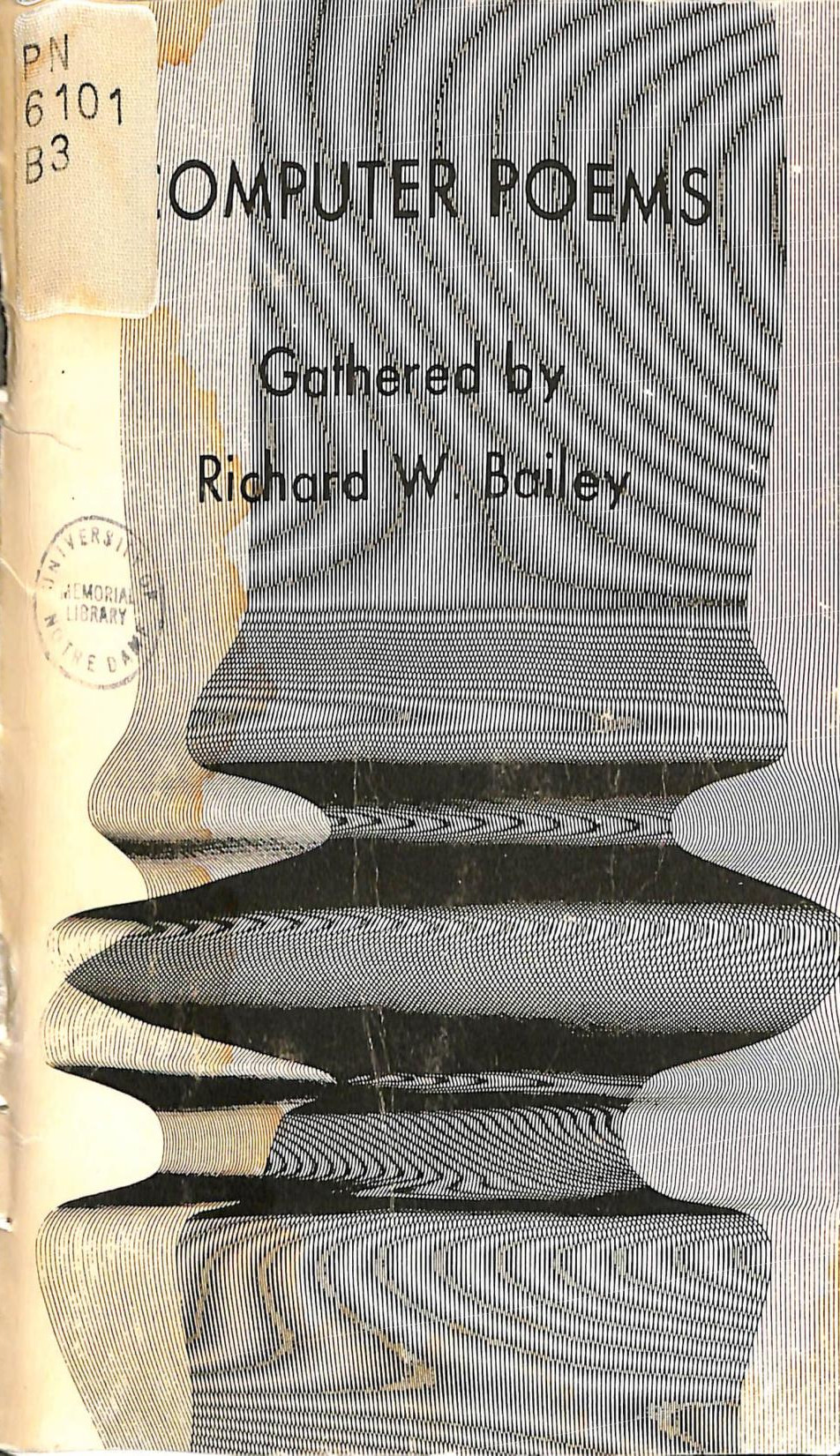Documenta X, the Book: Politics Poetics (1997)
Filed under book, catalogue | Tags: · art, art history, contemporary art, poetics, politics

“For the first time in the history of documenta, the companion publication attempts to go beyond a survey and interpretation of the exhibited works of art to document and analyze the cultural development of the western world from 1945 to 1997 in a rich selection of paintings, photos, plans, sketches, maps, essays, quotations, discussions, poems, philosophical essays and manifestos. The book unites the diverse forms of expression in an impressive collage. The artists of documenta X are introduced in a number of artist’s inserts. A provocative, enlivening and thoroughly current reader and reference work for anyone interested in the art and culture of our times.
Since 1955, the documenta exhibition in Kassel, Germany, has served as the world’s most important forum for contemporary art. This year’s series of interlocking exhibitions, conferences, performances, lectures, and – notably – publications will be the tenth documenta and the last of this century. Organized by the respected French curator Catherine David, documenta X is conceived as a manifestation culturelle including a program entitled “100 Days – 100 Guests” that will host an exceptional group of international figures. Acknowledging both the significance of its position at the end of the century and the dramatic aesthetic, technological, and political challenges facing culture in the future, Catherine David has carefully structured the programming for documenta X around two themes: first, a critical reflection on the development of culture since 1945, and, second, an interdisciplinary dialogue about the need for new categories of critical and political discourse. The question where culture stands today in the world serves as the focal intersection of these two organizing themes. Each previous documenta has had a profound impact on the art world: documenta X promises to serve as a genuinely international forum for artists, writers, and thinkers from all disciplines.
Conversations with: Benjamin Buchloh, New York; Andreas Branzi, Milan; Etienne Balibar, Paris; Jacques Rancière, Paris; Gayatri Chakravorty Spivak, New York Original contributions by: Peter Bürger, Bremen; Daniel Defert, Paris; Fabrizio Gallanti, Genoa; Serge Gruzinski, Paris; David Harvey, Baltimore; Masao Miyoshi, San Diego; Peter Noller and Klaus Ronneburger, Frankfurt; Hans-Joachim Ruckhaeberle, Berlin; Saskia Sassen, New York; Paul Sztulman, Paris, and others.”
Edited by documenta and Museum Fridericianum Veranstaltungs
Idea and conception by Catherine David and Jean-François Chevrier
Publisher Cantz, Ostfildern-Ruit, 1997
ISBN 3893229116, 9783893229116
830 pages
via Arch
Exh. reviews: Monica Amor (Third Text, 1997), Nancy Princenthal (Art/Text, 1997), Masao Miyoshi (New Left Review, 1998), Sabine Fabo (Leonardo, 1998), Kathryn Hixson (New Art Examiner, 1997), more.
Commentary: Universes in Universe (n.d.)
Exhibition website (archived by Vuk Cosic)
Exhibition archive
Publisher
WorldCat
PDF (74 MB)
Comment (0)McKenzie Wark: Capital Is Dead: Is This Something Worse? (2019)
Filed under book | Tags: · capitalism, data, information, labour, marxism, nature, neoliberalism, production, theory

“It’s not capitalism, it’s not neoliberalism—what if it’s something worse?
In this radical and visionary new book, McKenzie Wark argues that information has empowered a new kind of ruling class. Through the ownership and control of information, this emergent class dominates not only labour but capital as traditionally understood as well. And it’s not just tech companies like Amazon and Google. Even Walmart and Nike can now dominate the entire production chain through the ownership of not much more than brands, patents, copyrights, and logistical systems.
While techno-utopian apologists still celebrate these innovations as an improvement on capitalism, for workers—and the planet—it’s worse. The new ruling class uses the powers of information to route around any obstacle labor and social movements put up. So how do we find a way out? Capital Is Dead offers not only the theoretical tools to analyze this new world, but ways to change it. Drawing on the writings of a surprising range of classic and contemporary theorists, Wark offers an illuminating overview of the contemporary condition and the emerging class forces that control—and contest—it.”
Publisher Verso, London, 2019
ISBN 9781788735308, 1788735307
202 pages
Book launch (with Natasha Lennard, video, 90 min).
Interviews with author: Verso Books (video, 2019, 16 min), Red May TV (with Alexander Zevin, Jasper Bernes and Wendy Liu, video, 2020, 110 min), Guy Mannes-Abbot (Tank, 2019).
Reviews: Garrett Pierman (Marx & Philosophy, 2020), Ben Tripp (Hyperallergic, 2020), Madeleine Collier (Afterimage, 2020), Colin Drumm (Cosmonaut, 2019), Mark Steven (Sydney Review of Books, 2020), Steve Hanson (Manchester Review of Books, 2020), Antonio Navarro (Teknokultura, 2020, ES).
HTML
PDF (9 MB, added on 2019-11-22)
Richard W. Bailey (ed.): Computer Poems (1973)
Filed under book | Tags: · computing, concrete poetry, poetry, visual poetry

A collection of early computer-generated poetry gathered by Richard W. Bailey.
“At the beginning of this century, Stephane Mallarmé published a slogan for modernism: A throw of the dice will never abolish chance. Chance is not abolished by the computer’s randomizing power but is re-created in different terms. The poet-programmer finds this power a tool to create a new set of dice, multi-faceted and marked with elements of his own choosing.
Yet the new battle to free language is fought on familiar battlefields: concrete poetry is reflected with a computer mirror in the poems of Leslie Mezei and Greta Monarch; pure poetry of sound in the verbal orchestrations of Archie Donald and Noreen Greeno; imagistic poetry in the juxtaposition of the unfamiliar by Charles Forbes, James Runner, and Robin Shirley; syllabic organization in the haiku of Margaret Chisman, Robert Gaskins, and John Morris; and the imposition of order on disorder in the poems of Marie Borroff, Pete Kilgannon, and Louis Milic. From all of these varied efforts a new convention has already arisen that allows poets like Edwin Morgan the scope to simulate computer poetry without recourse to the machine.
The Potagannissing Press takes pleasure in the publication of the following collection of poems, an edition of computer-assisted literary works executed in Britain, Canada, and the United States.
The occasion for its publication was a symposium on the computer in the arts held at the Cranbrook Academy of Art in May 1973, an event sponsored by the Academy, the Bloomfield Art Association, Eastern Michigan University, and the University of Michigan, with the support of the Michigan Council for the Arts.” (from the preface)
Publisher Potagannissing Press, Drummond Island, MI, 1973
53 pages
via xfoml
Commentary: Matteo D’Ambrosio (Matlit, 2018).
PDF (7 MB, page warble is due to the book copy’s poor condition)
Internet Archive

